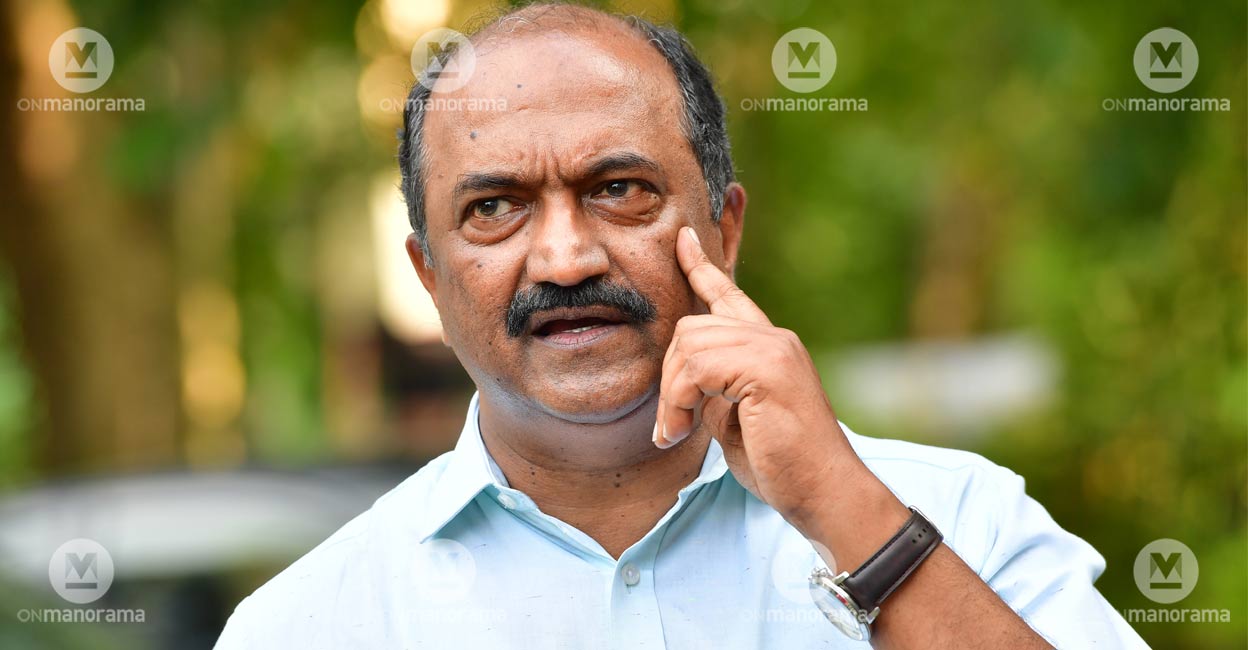Brazil's Debt Path Under Scrutiny: Minister Calls for Patience with Fiscal Plan

Brazil's finance ministry is facing increased scrutiny over the nation's debt levels. Executive Secretary Dario Durigan addressed concerns on Tuesday, acknowledging the need for careful management but emphasizing the importance of a measured approach to fiscal adjustments. He stressed that a hasty shift in policy could derail the country’s economic recovery.
Durigan's comments come at a crucial time for Brazil, as it grapples with a complex economic landscape. Inflation remains a persistent challenge, and global economic headwinds are adding to the pressure. The government is attempting to balance the need for fiscal responsibility with the desire to support economic growth and protect vulnerable populations.
The Debt Challenge
Brazil's debt-to-GDP ratio has been a source of concern for investors and rating agencies alike. While the government has pledged to reduce the debt burden, the pace of progress has been slow. Durigan pointed to the lingering effects of the pandemic and the need for continued social programs as factors contributing to the debt levels. He also highlighted the difficulty of making significant fiscal changes in an environment of political uncertainty.
“We understand the concerns about the debt trajectory,” Durigan stated. “But it’s crucial to implement changes gradually and strategically. A sudden tightening of fiscal policy could stifle economic growth and harm those who rely on government support.”
A Gradual Approach
The government's plan involves a series of gradual measures designed to rein in spending and boost revenue. These include streamlining government operations, improving tax collection, and exploring new sources of income. Durigan emphasized that the government is committed to fiscal discipline but believes that a patient and pragmatic approach is the best way to achieve sustainable results.
Critics argue that the government's pace is too slow and that more aggressive action is needed to address the debt problem. However, Durigan defended the strategy, arguing that it strikes a balance between fiscal responsibility and economic stability. He also pointed to recent improvements in the country's economic outlook as evidence that the government’s policies are on the right track.
Looking Ahead
The coming months will be critical for Brazil’s economy. The government will need to demonstrate its commitment to fiscal discipline while also supporting economic growth. Durigan’s call for patience reflects the delicate balancing act that Brazil’s finance ministry is attempting to navigate. The focus will be on maintaining investor confidence and ensuring that the country remains on a path to long-term economic stability. The success of this strategy will depend on the government’s ability to effectively communicate its plans and build consensus across the political spectrum. Furthermore, external factors such as global interest rates and commodity prices will continue to play a significant role in shaping Brazil’s economic future.






